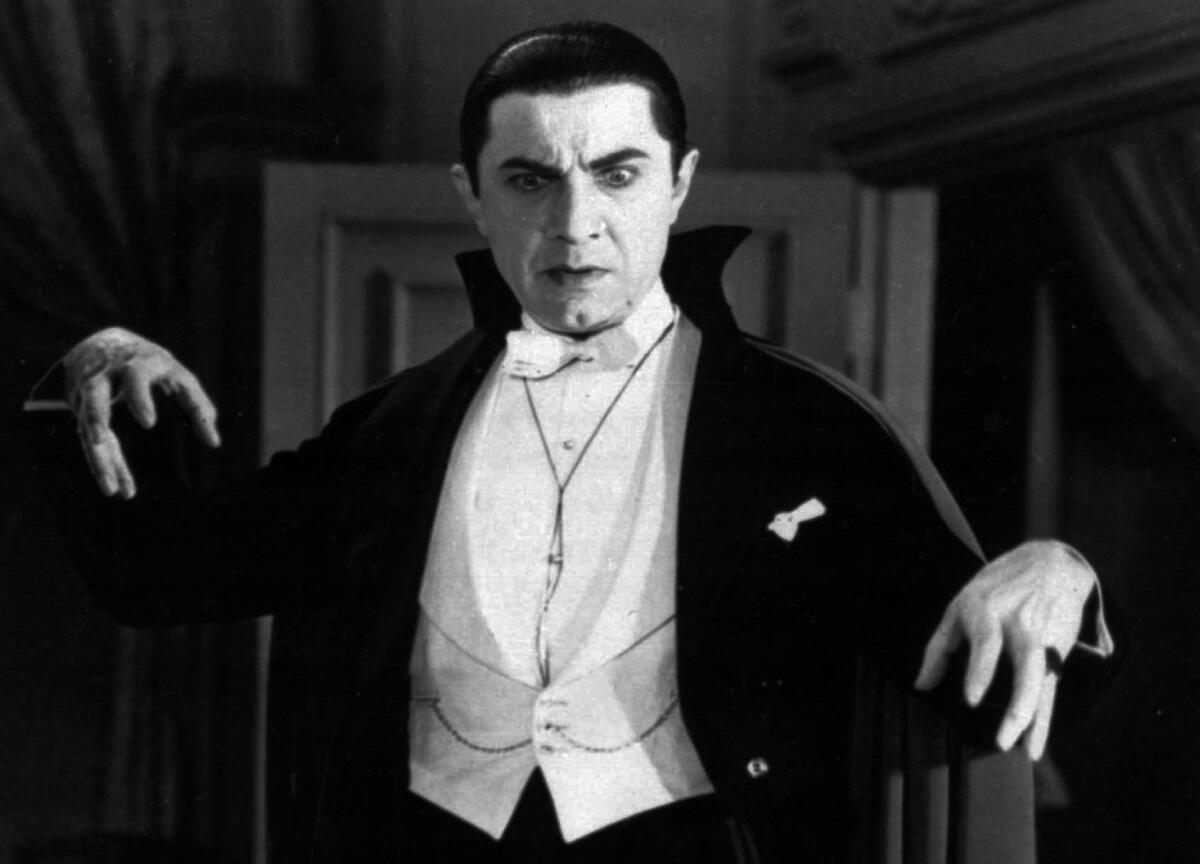How a new book honors Emmett Till: ‘The specifics are what make it real’

Wright Thompson’s new nonfiction book, ‘The Barn,’ examines the murder of Emmett Till from multiple perspectives – cultural, geographical and personal.
Welcome to the L.A. Times Book Club newsletter.
Hello, fellow readers. I’m culture critic and fervent bookworm Chris Vognar.
This week I spoke with Wright Thompson, a Mississippi native whose new nonfiction book, “The Barn,” looks at the murder of Emmett Till from multiple perspectives — cultural, geographical and personal. I also compiled some recent releases reviewed by Times critics, and checked in with Zibby’s Bookshop in Santa Monica.
Wright Thompson grew up on his family’s farm in Clarksdale, Miss., about 23 miles from where Black teenager Emmett Till was savagely beaten and murdered after a white woman accused him of whistling in 1955. Till’s murder (and the subsequent acquittal of his killers) became a turning point in the civil rights movement.
But Thompson, who is white, didn’t learn “a single thing” about it as a child, he said during a recent video interview. “I didn’t know his name until I went to college. I think the way that Emmett Till exists in Black American memory and the way that Emmett Till exists in white American memory are two fundamentally different things.”
With “The Barn,” Thompson, the author of “Pappyland” and “The Cost of These Dreams,” drills into specifics, starting with the barn (still standing) where Till was murdered, and moving outward to the socioeconomic history of the Mississippi Delta and the code of silence surrounding the murder that remains to this day.
Thompson took time to discuss “The Barn,” which began as a 2021 article in the Atlantic, and why he was compelled to return to the scene of a seminal American crime.

Was “The Barn” always intended as such an expansive study of Emmett Till’s murder?
No, it was much more of a personal quest before it was a work project. It was something I was just doing on my own. I wanted to know about this barn. It just haunted me, the fact that it was there and that it wasn’t memorialized, that it had been almost completely written out of history.
The book is defined by minute detail, including close readings of maps and the development of the Mississippi Delta. Why was this so important to you?
The whole book is a mapping, and accuracy is the most important part of a map. It’s a literal map, and it’s a map to the soul. So all of the details came to matter a great deal. It feels to me that the ubiquity of the name Emmett Till is its own kind of erasure. The name has become such shorthand that it’s how we protect ourselves from the horror of what actually happened to a 14-year-old child. That the name is listed in a long string of things — Emmett Till, Rosa Parks, Birmingham Jail — is its own kind of erasure.
While the murder is incredibly well known, there are also deep unknown registers of it. And the specifics are what make it real. The fact that we know the serial number of the gun used to pistol whip him, it strips it out of that safe space of euphemism and historical shorthand and just makes it really brutal.
You’re a son of Mississippi, digging into some deep Mississippi wounds. Have you gotten a lot of pushback on this?
All of the pushback has been on the internet. I get the sense, even from people I know don’t have the same view of history and politics as me, that we have to talk about this. The pushback is not from deeply rooted Mississippians. On the ground, in real life where people are actually living their lives and trying to imagine a future, there’s a desire to debate, there’s a desire to discuss, which so far at the book events and in all my personal communications has been civil and nuanced.
(Please note: The Times may earn a commission through links to Bookshop.org, whose fees support independent bookstores.)
You’re reading Book Club
An exclusive look at what we’re reading, book club events and our latest author interviews.
You may occasionally receive promotional content from the Los Angeles Times.
The Week(s) in Books

Kim Tong-hyung reported on the jubilant South Korean reaction to the news that Han Kang won the Nobel Prize in literature.
David L. Ulin reviewed “Q & A,” a different kind of instructional book from comics artist Adrian Tomine. “His art is nuanced and self-reflected,” Ulin writes, “marked by a vivid restlessness.”
Leigh Haber reviewed John Edgar Wideman’s “Slaveroad,” “a searing rumination on what plagues and fascinates the acclaimed 83-year-old author as he confronts his own mortality and the familial tragedies that have long centered his literary work.”
Roxsy Lin looked at Paola Santos’ picture book “How to Eat a Mango” and other new books by Latino authors.
And Chris Vognar — hey, that’s me — reviewed Jeremy Dauber’s masterful overview of American horror, “American Scary.” As Dauber writes, “You can write America’s history by tracking the stories it tells itself to unsettle its dreams, rouse its anxieties, galvanize its actions.”
Bookstore faves

We caught up with Zibby Owens, owner of Zibby’s Bookshop in Santa Monica, to find out what’s hot now and what’s coming up.
What are you having trouble keeping in stock?
We sold out of the Jo Jo Levesque memoir, “Over the Influence.” And Sally Rooney’s novel, “Intermezzo,” that sold out in two seconds. Laura Dave’s “The Night We Lost Him” and Griffin Dunne’s memoir “Friday Afternoon Club” are also selling well. And menopause books are all the rage. We had Mary Claire Haver do an event with us recently for her book, “The New Menopause,” and it was flying off the shelves.
What’s coming up that has you excited?
We’re doing an event soon with Jennifer Love Hewitt for her new book, “Inheriting Magic.” I was a big “Party of Five” fan. And I’m reading an advance copy of a great book by Geraldine Brooks, “Memorial Days.” Oh my gosh, it is so good. It’s about the loss of her husband and how she was told about his sudden death, and how she postponed her grief and then decided to deal with it a couple years later.
Thus ends this week’s newsletter. Happy reading, and we’ll see you next time.
Sign up for our Book Club newsletter
Get the latest news, events and more from the Los Angeles Times Book Club, and help us get L.A. reading and talking.
You may occasionally receive promotional content from the Los Angeles Times.



